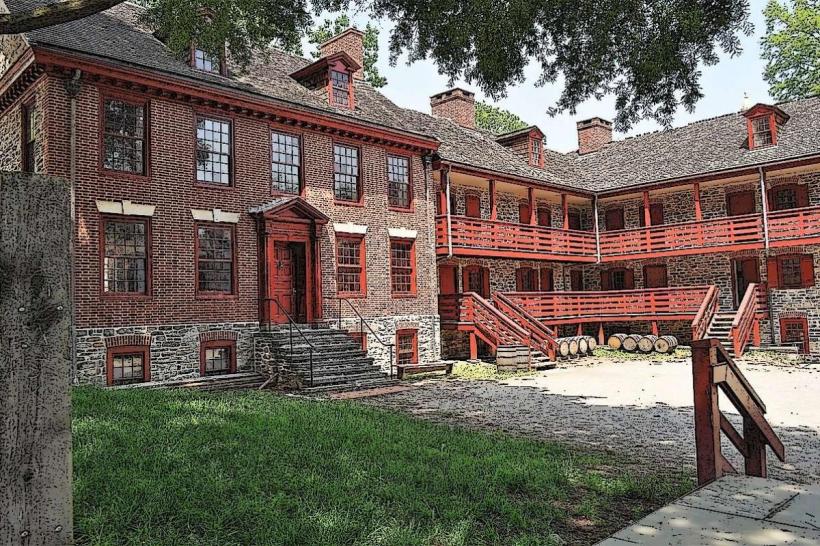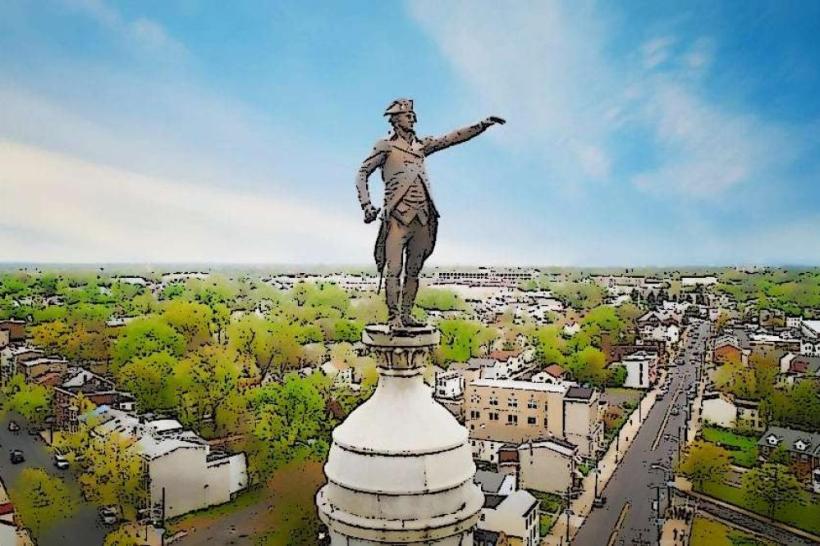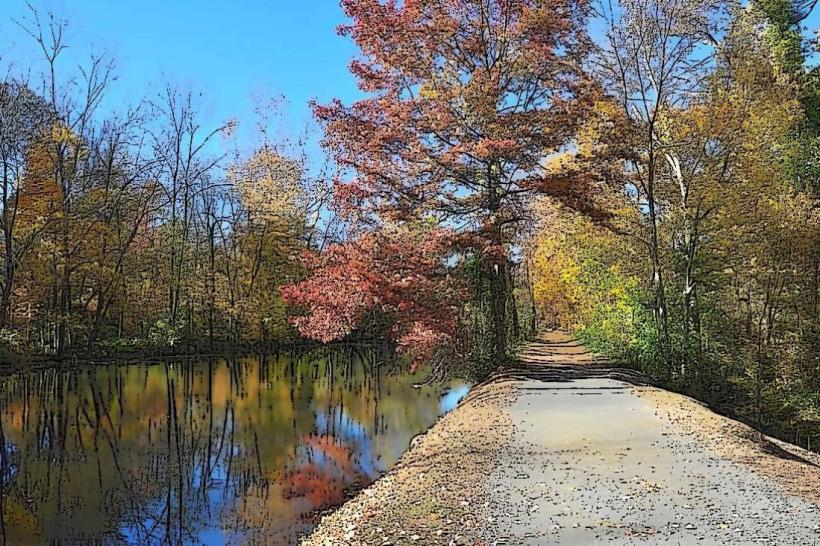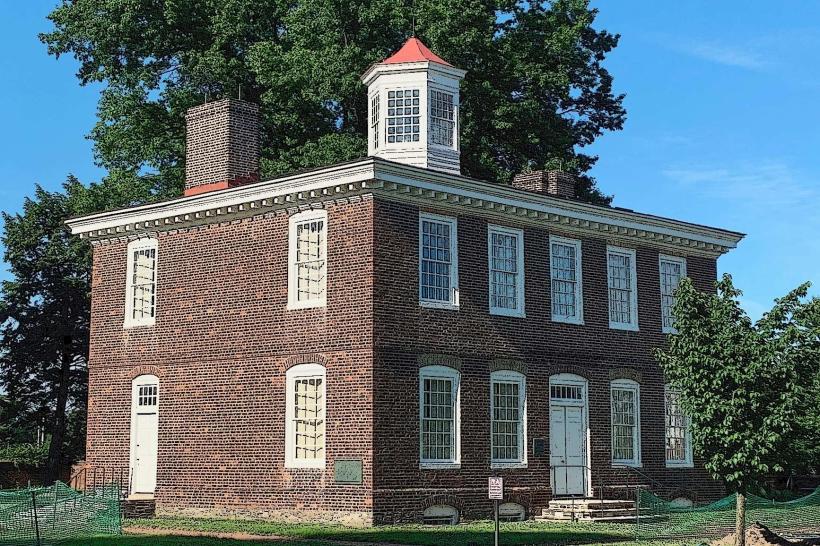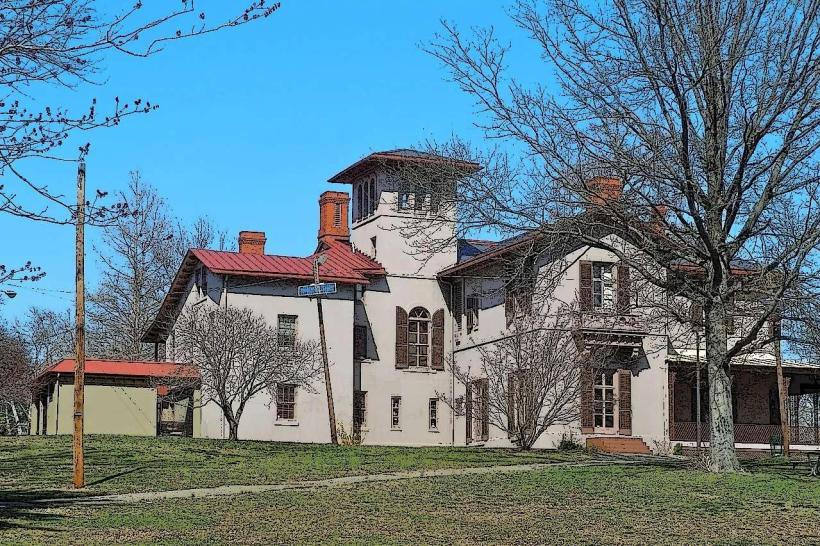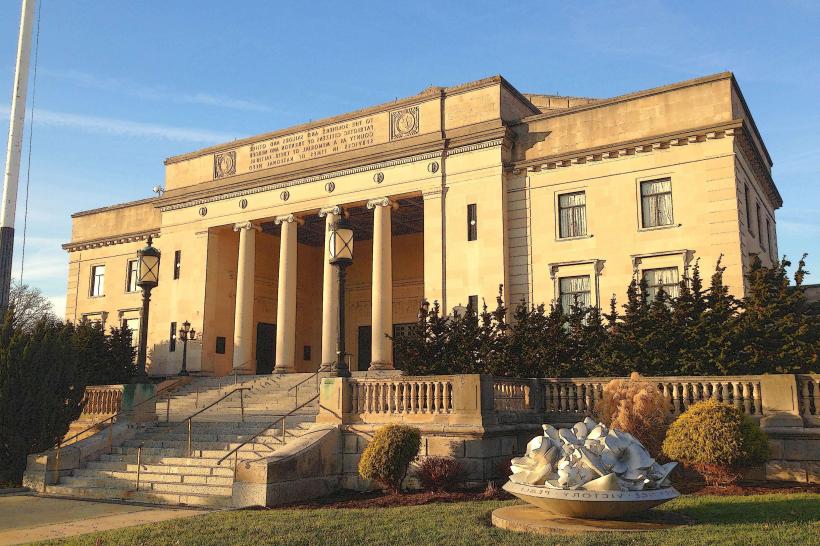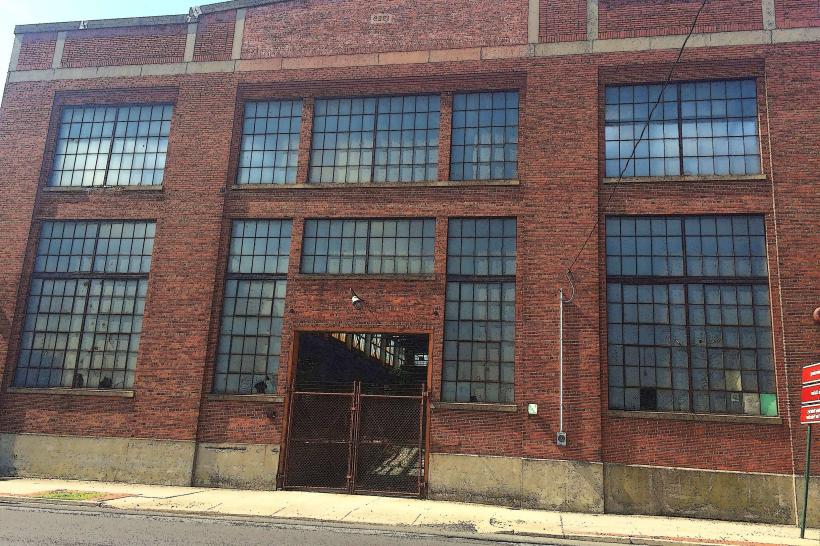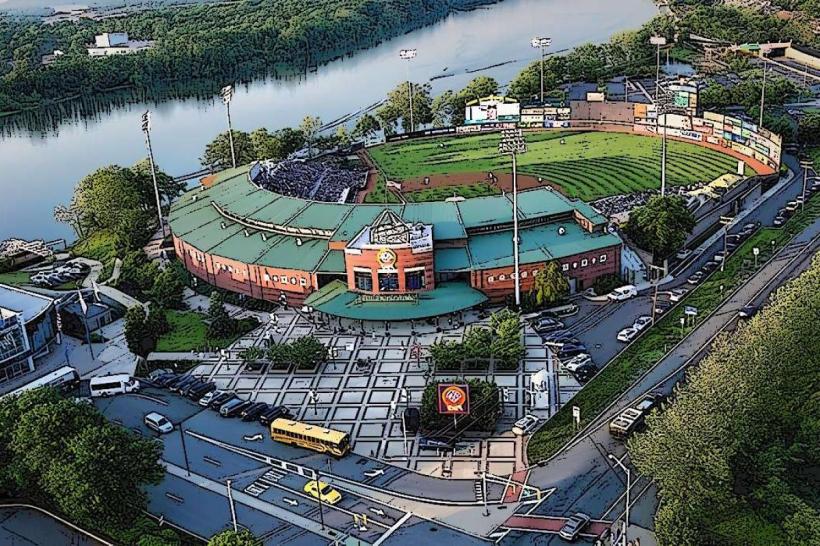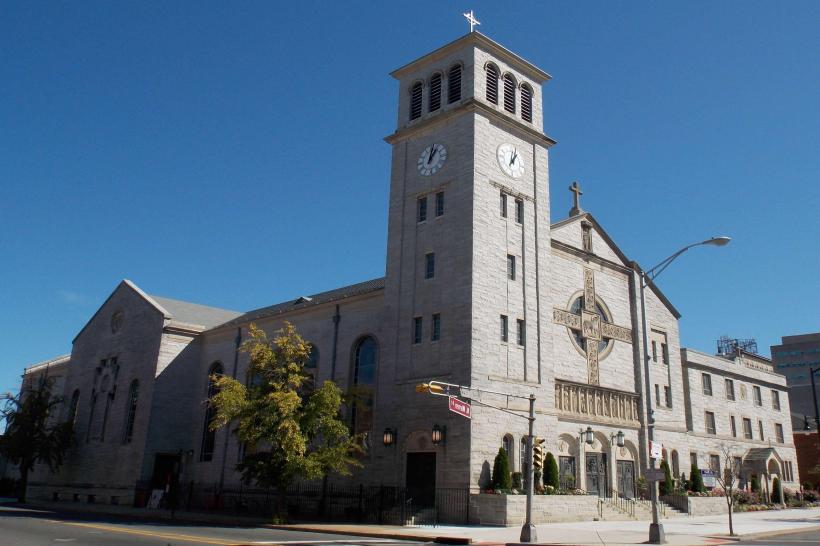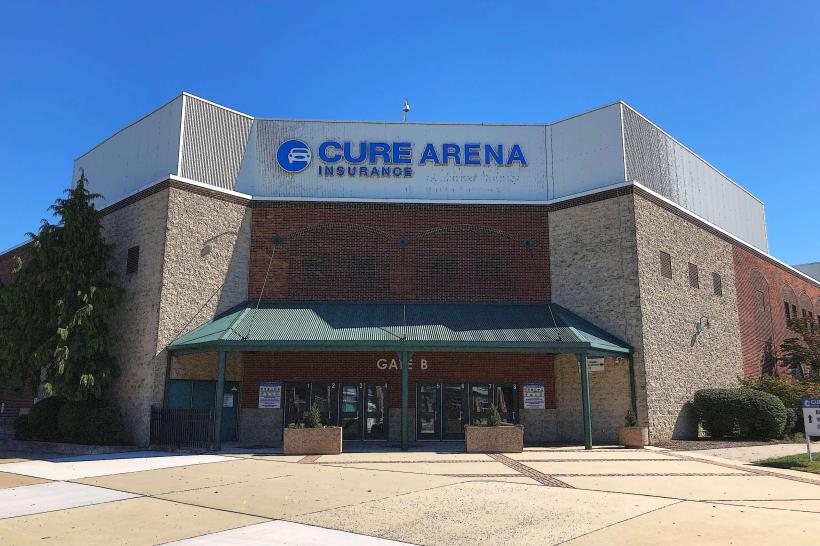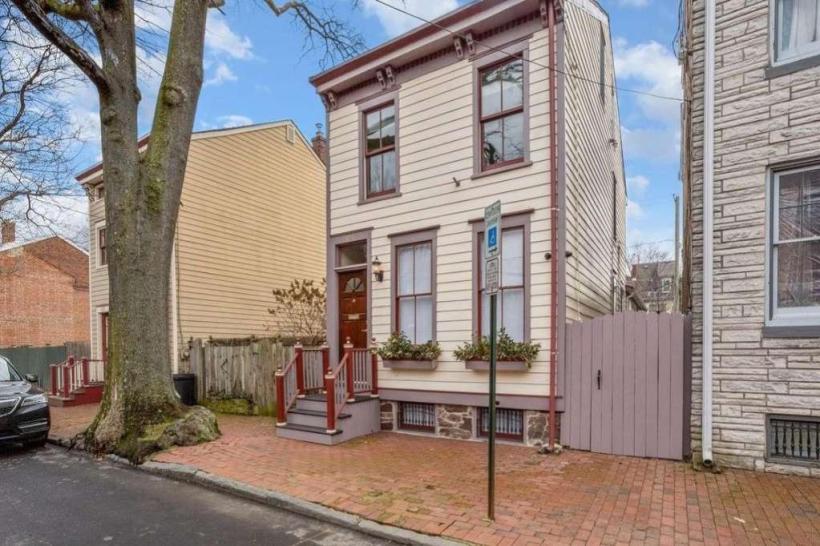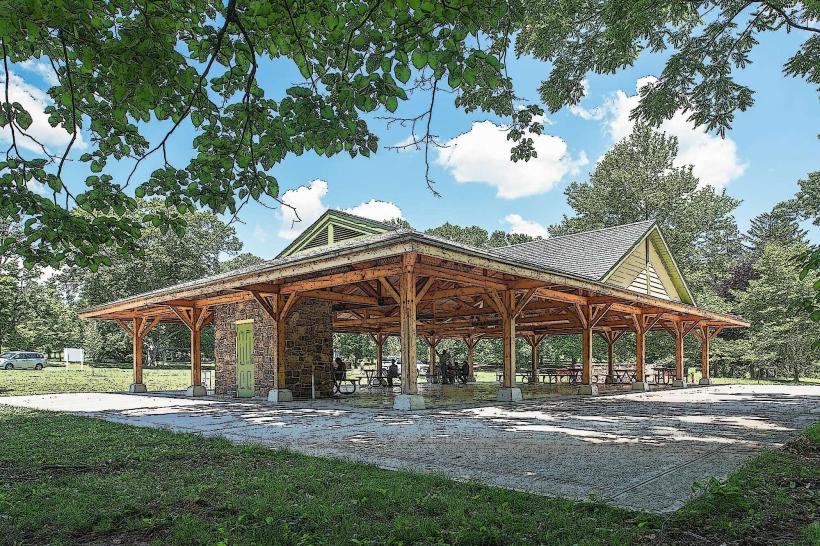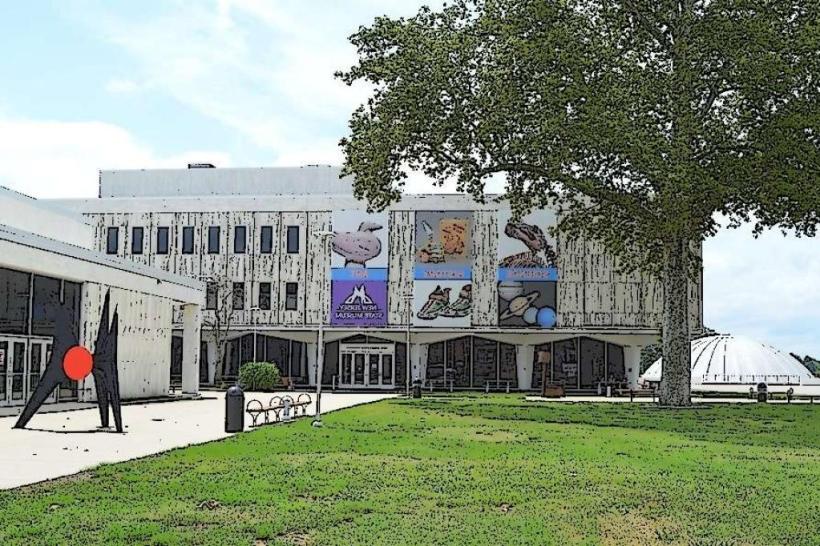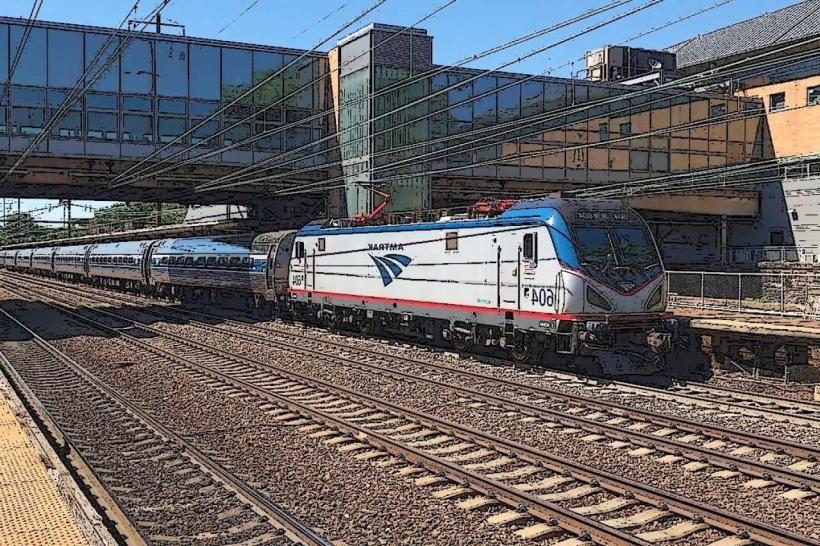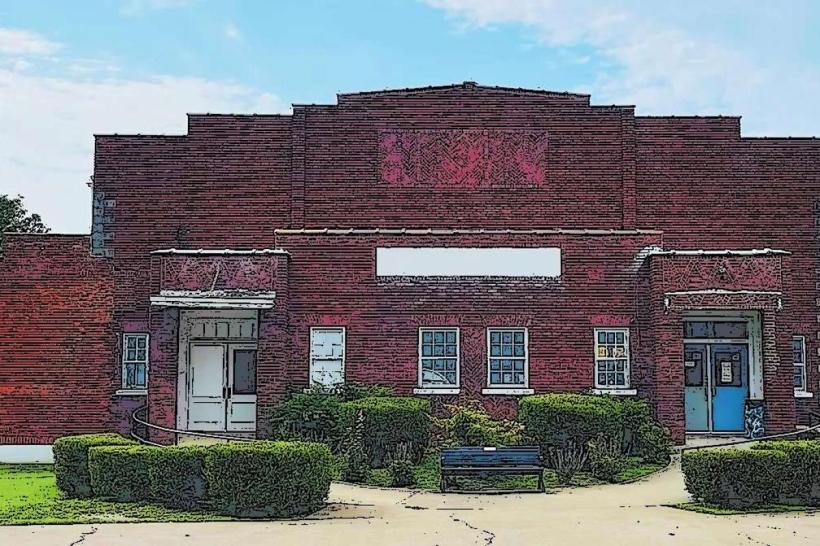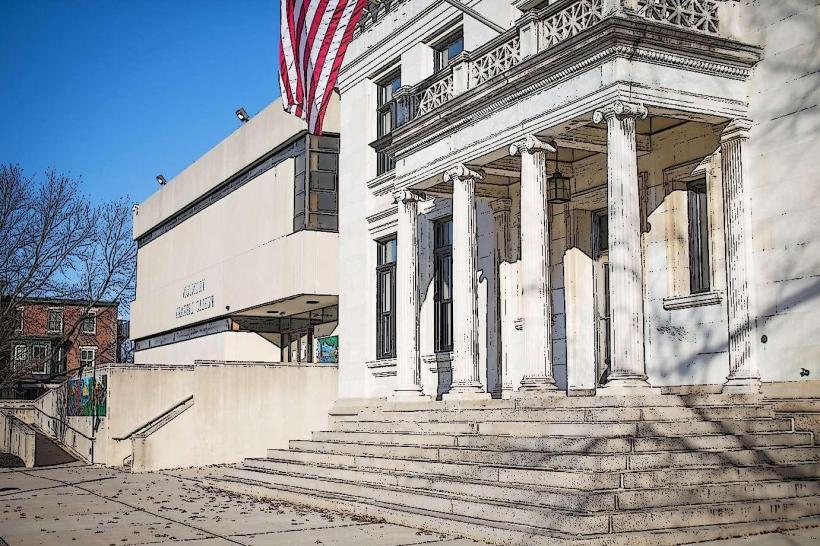Information
Landmark: Mercer County CourthouseCity: Trenton
Country: USA New Jersey
Continent: North America
Mercer County Courthouse, Trenton, USA New Jersey, North America
Location and General Description
The Mercer County Courthouse is located at 209 South Broad Street in Trenton, New Jersey. It serves as the principal judicial facility for Mercer County, housing courtrooms, judges’ chambers, administrative offices, and other legal services. The courthouse is situated in the heart of Trenton’s historic district, making it a prominent landmark within the city.
Historical Background
Formation of Mercer County: Mercer County was established in 1838, carved out from portions of surrounding counties to better serve the growing population in central New Jersey. Soon after its establishment, plans were made to build a dedicated courthouse.
First Courthouse (1839): The original Mercer County Courthouse was completed in 1839 at the intersection of Broad and Market Streets in the Mill Hill neighborhood of Trenton. This initial courthouse was designed in the Greek Revival style, featuring Corinthian columns and classical proportions, reflecting the architectural tastes of the early 19th century.
Historic Legal Cases: This first courthouse was the site of important legal proceedings, including the notable 1852 patent case Goodyear v. Day. During this trial, Daniel Webster, one of the nation’s most celebrated orators and lawyers, delivered a landmark argument that influenced the burgeoning rubber industry.
Need for Expansion: By the late 19th century, Mercer County’s population and legal needs had grown substantially, making the original courthouse insufficient for modern judicial demands.
Construction of the Current Courthouse (1902-1903)
Design and Architect: The current Mercer County Courthouse was designed by architect William Slack in the Beaux-Arts style, a popular architectural trend for civic buildings in the late 19th and early 20th centuries.
Beaux-Arts Style Features: The building exhibits classical grandeur, symmetry, and formal design elements typical of Beaux-Arts architecture, including a prominent portico supported by columns, a pediment, and extensive use of stone.
Cornerstone Ceremony: The cornerstone of the new courthouse was laid on May 14, 1902, marking the beginning of construction. The building was completed and opened in 1903, replacing the original courthouse and providing a modern facility to handle the county’s judicial functions.
Symbolism: The architectural design reflects ideals of justice and civic pride, with grand staircases symbolizing the ascension toward fairness and order.
Architectural Details
Exterior: The courthouse is clad in sandstone, giving it a dignified, monumental appearance. The symmetrical façade features a central entrance flanked by large columns, arched windows, and decorative stonework.
Interior: The interior originally featured spacious courtrooms with high ceilings, ornate wood paneling, decorative plasterwork, and marble flooring. The design emphasized openness and transparency in judicial proceedings, with seating areas for the public and dignitaries.
Functional Design: Courtrooms were designed to accommodate judges, juries, attorneys, witnesses, and spectators comfortably, with clear sightlines and acoustic considerations.
Preservation of Original Features: Many original architectural elements, including woodwork and stone detailing, have been preserved or restored over the years.
Modern Developments and Expansion
Growing Legal Needs: As Mercer County’s population and case load increased, the need for additional courtroom space and specialized facilities became apparent.
Mercer County Criminal Courthouse: Opened on January 14, 2013, the Criminal Courthouse at 400 South Warren Street is a modern four-story building spanning 142,000 square feet. It includes nine courtrooms, judges’ chambers, administrative offices, and sheriff’s offices. The building is designed to meet LEED environmental standards, emphasizing sustainability and energy efficiency.
Mercer County Civil Courthouse: Completed around 2007, the Civil Courthouse located at 175 South Broad Street houses 14 courtrooms dedicated to Civil, Special Civil, Equity, and Family courts. This four-story building, designed by Clarke Caton Hintz, reflects the architectural vocabulary of traditional civic buildings, blending historic aesthetic with modern functionality.
Integration with Historic Courthouse: These newer facilities operate alongside the historic 1903 courthouse, collectively forming a comprehensive judicial complex that addresses various aspects of the county’s legal system.
Preservation and Recognition
Historic Designation: In 1990, the Mercer County Courthouse and its annex were added to both the New Jersey Register of Historic Places and the National Register of Historic Places. This status recognizes the courthouse’s architectural significance and its role in the legal and civic history of Mercer County.
Renovations and Maintenance: Throughout the 20th and 21st centuries, the courthouse has undergone multiple renovations to preserve its structural integrity and historic features while upgrading systems to meet modern standards for safety, accessibility, and technology.
Community Value: The courthouse remains a symbol of justice, heritage, and civic pride in Mercer County.
Role and Function Today
Judicial Operations: The courthouse handles a wide array of legal matters, including criminal trials, civil litigation, family law cases, and administrative hearings.
Public Accessibility: While primarily serving legal professionals and litigants, the courthouse also welcomes the public for court proceedings, civic events, and educational tours.
Administrative Offices: The building houses various county legal departments, including clerks’ offices and public records.
Accessibility Features: Modern updates ensure compliance with the Americans with Disabilities Act (ADA), providing ramps, elevators, and accessible restrooms for all visitors.
Importance to Trenton and Mercer County
The Mercer County Courthouse stands as a testament to the region’s legal evolution and civic development. It embodies the ideals of justice through its architectural grandeur and serves as a functioning center for law and order. Its historical significance, combined with the integration of modern judicial facilities, highlights Mercer County’s commitment to preserving its heritage while meeting contemporary community needs.
This detailed profile covers the Mercer County Courthouse from its origins, architectural features, expansions, and current role in the judicial system, providing a thorough understanding of its significance in Trenton and Mercer County.


